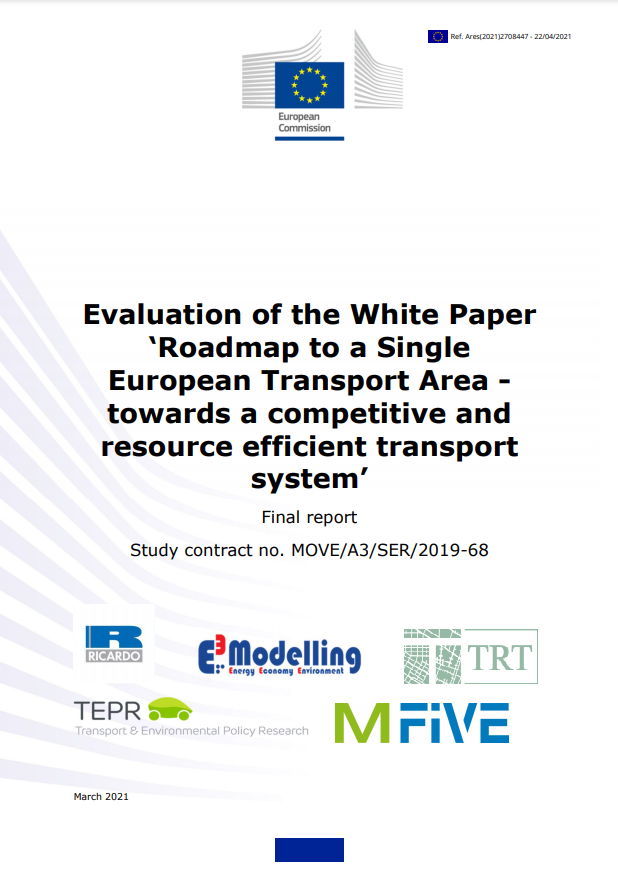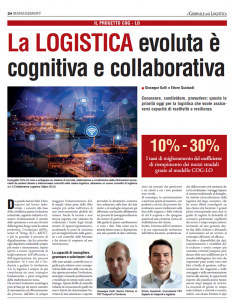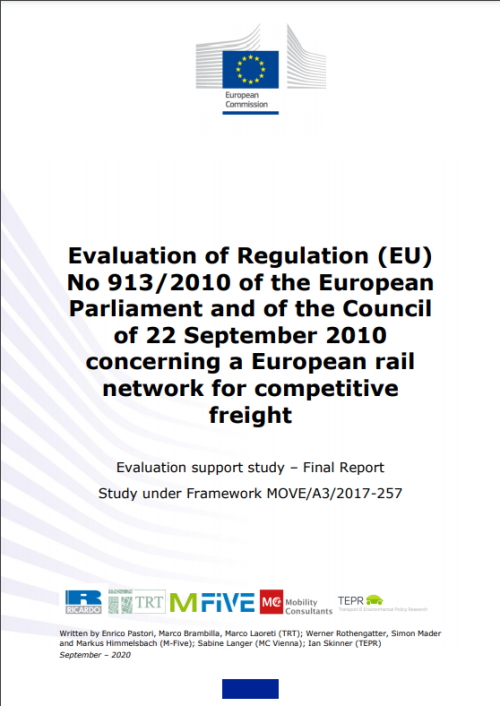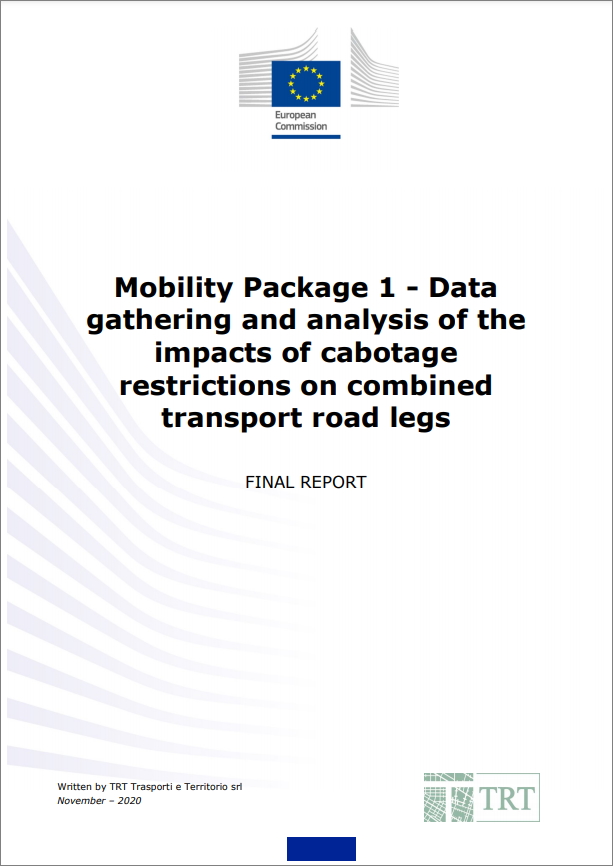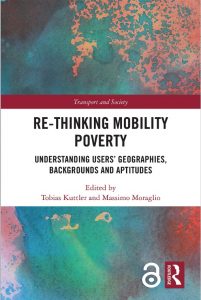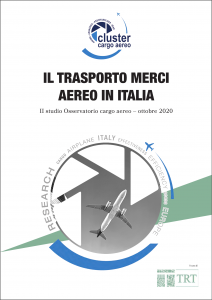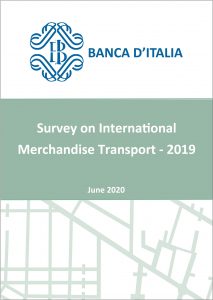Evaluation of the White Paper ‘Roadmap to a single European transport area – towards a competitive and resource efficient transport system’
The 2011 Transport White Paper “Roadmap to a Single European Transport Area – Towards a competitive and resource efficient transport system” is the document with which the European Commission has outlined the strategy on the future EU transport system and which defines the political agenda for the next decades.
The main objectives of the strategy are (i) reduce carbon dioxide emissions in transport to a level that is 60 % below that of 1990; (ii) reduce the transport sector’s dependence on oil; (iii) reduce congestion growth.
The strategy is articulated through 40 action points and 132 initiatives aimed at achieving 10 operational targets at different time horizons (2030 and 2050).
TRT, member of the consortium led by Ricardo NL and participated by M-Five, E3Modelling and TEPR was responsible for carrying out the mid-term evaluation of the effectiveness of the strategy in order to support the European Commission in identifying any proposals for revising the document.
The evaluation provides a robust evidence-based assessment of the White Paper and the actions following from it since its adoption in 2011. It examines the effectiveness, efficiency, coherence, relevance and EU added value of the White Paper in line with the Better Regulation Guidelines.
The evaluation looks at the identified needs for transport policy, the objectives and goals set in the White Paper, the proposed initiatives, reached outcomes and their results, as well as the overall impact of the strategy since it was put in place.
The results of the evaluation are intended to inform subsequent decisions of the Commission on possible priorities for the future agenda of EU transport policy.
Link to the project page.

